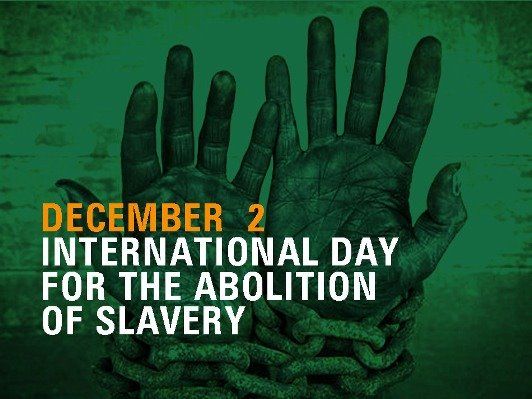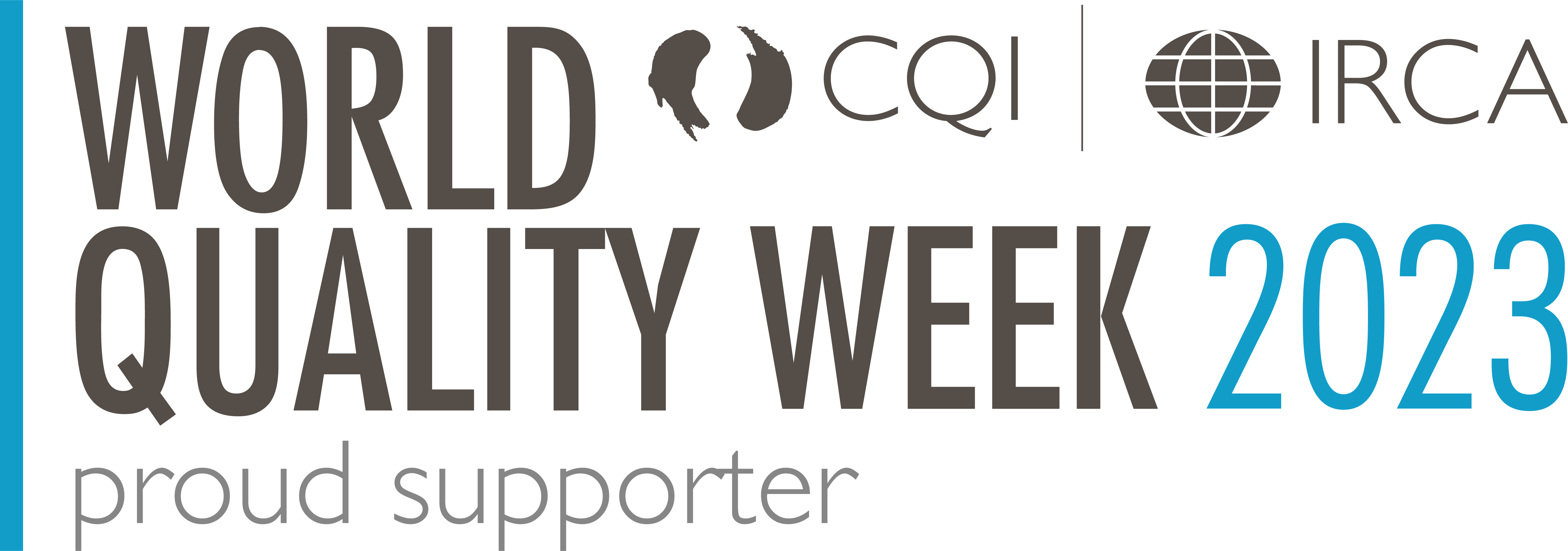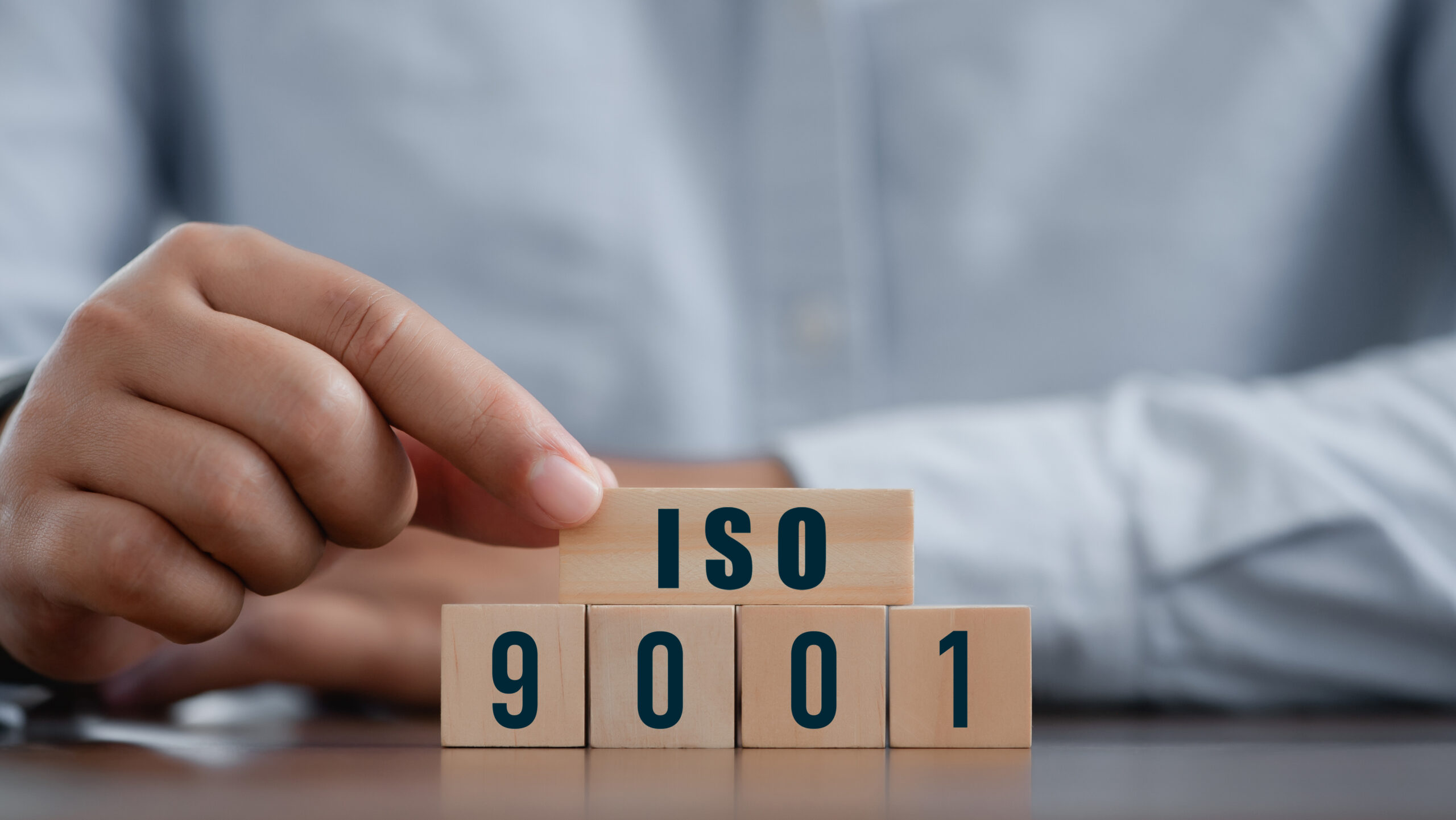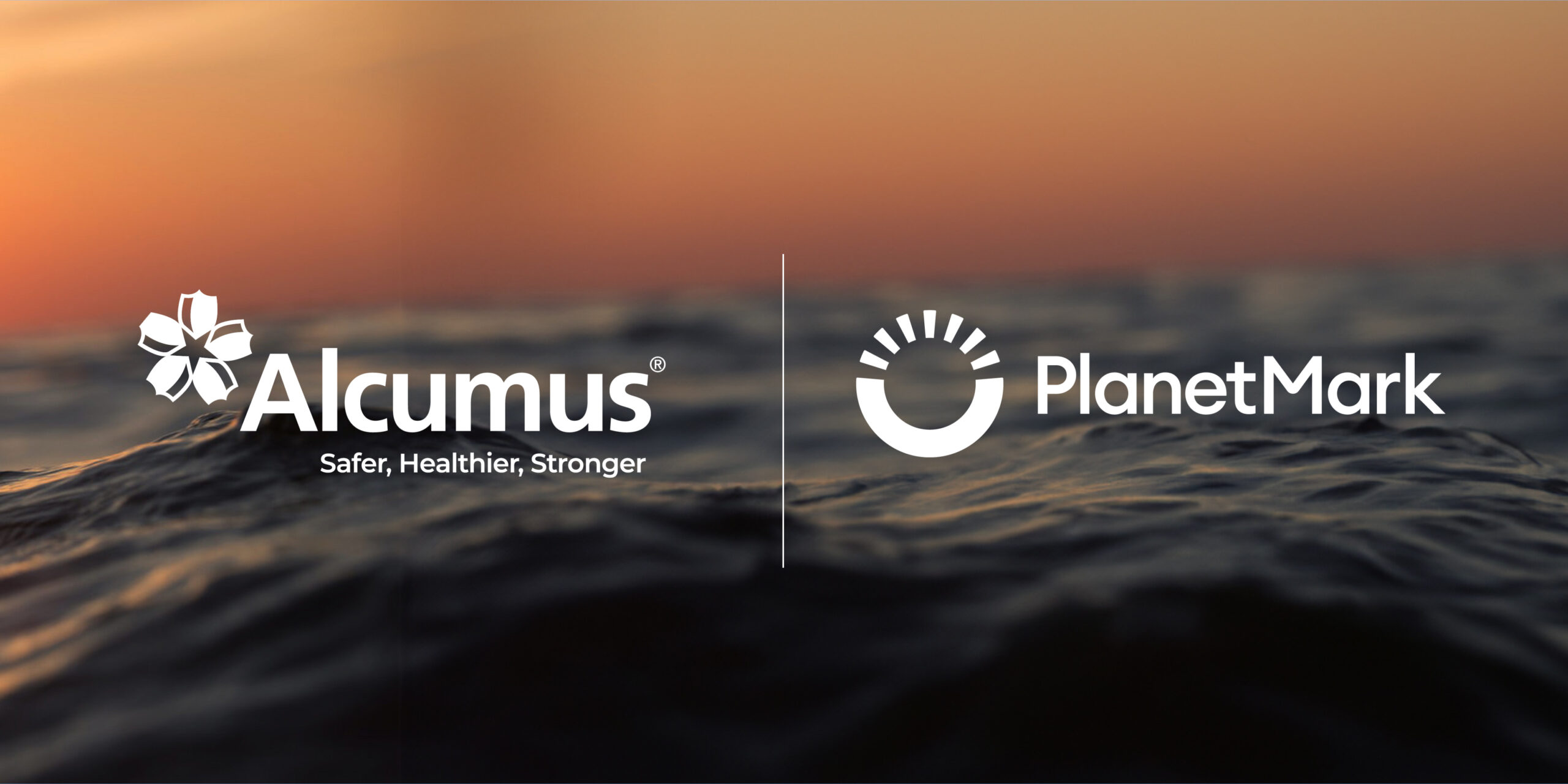Whatever their size, modern slavery is a growing risk for UK businesses in a globalised environment. And it’s a serious one that needs attention and action if they are not to be complicit in allowing it to prosper.
So, with 87% of Executives rating reputation risk as more important than other strategic risks (Deloitte) and expectations and pressures on companies to tackle modern slavery increasing, the International Day for the Abolition of Slavery provides a global focus on eradicating contemporary forms of slavery in supply chains.
How real is the risk of modern slavery?
While the world may seem to be a different place, where slavery feels like a topic that should be confined to the history books, the stark reality is that slavery has not gone away, and the situation is not improving.
Modern slavery is a broad term, and while the most common form is forced labour, there are many wider abuses that fall within modern slavery legislation. These include failure to pay the minimum wage, depriving workers of facilities to wash, rest, eat and drink, demanding excessive hours, domestic servitude, harassment, assault and unpaid wages.
Some of the key modern slavery statistics that give pause for serious thought…
- 50 million people worldwide in modern slavery; 28 million of which were in forced labour (ILO)
- An increase of 2.7 million in forced labour between 2016 and 2021 (ILO)
- More than 130,000 people in the UK estimated to be in modern slavery – at a cost to the UK of £33 billion per year (Anti-Slavery International)
- The UK is one of the biggest destinations in Europe for trafficking of workers for labour exploitation (Gangmasters and Labour Abuse Authority)
- 18,291 recovering survivors of modern slavery supported by The Salvation Army since 2011
- People entering support each year has risen by 710% over an 11-year period, from 378 to 3,068 in 2022 – and for the fourth year running, the most common exploitation experienced by survivors entering the service was labour exploitation (The Salvation Army)
- Upper-middle income or high-income countries account for more than half of forced labour (ILO)
- 158 goods from 77 countries are listed by the Bureau of International Labor Affairs (ILAB) which has reason to believe are produced by child labour or forced labour
Global supply chain networks heighten risk of modern slavery
With supply chains now spanning an increasingly interconnected global network, a very real consequence is the heightened risk and exposure to poor working conditions and compliance gaps. Unfortunately, this makes it more likely that unethical practices can go undetected.
Even for big, well-known brands, no business is immune:
- In 2021, at least 82 global brands in the technology, clothing and automotive sectors were linked to forced Uighur labour in a report published by the Australian Strategic Policy Institute.
- In 2020, Channel 4's Dispatches filmed children under 13 working on farms in Guatemala linked to Starbucks and Nespresso.
- In July 2020, following serious allegations of labour exploitation, unsafe working conditions and illegal employer practices in the Leicester textiles industry, Operation TACIT found evidence of workers not being paid the national minimum wage, as well as inadequate welfare.
- In 2019, some of Britain’s best-known supermarkets and retailers were exposed to selling goods from supply chains that used workers from the biggest human trafficking network yet exposed in the UK.
- In 2019, 75% of hospitality businesses were found to be failing to combat the threat of modern slavery and breaching anti-slavery legislation (Walk Free).
Is modern slavery being given the attention it needs by businesses?
Despite the implementation of the Modern Slavery Act in 2015, companies have generally been slow to act. And despite awareness of the risks of modern slavery increasing, it isn’t translating into effective practices to reduce it.
Currently, there is no legal obligation to take any steps to make sure that modern slavery is not taking place. The minimum that large companies must do is to publish a statement on their website.
There are still many companies who are failing to identify obvious risks or are simply making vague assurances. According to the Financial Reporting Council (FRC), “The prospect of reputational repercussions may, in part, explain the lack of disclosure on the performance of a company’s modern slavery approach”. In its report, ‘Modern Slavery Reporting Practices in the UK’ published in April 2022, the FRC found that of 100 companies listed on the London Stock Exchange’s main market, and fall within the requirements to publish a modern slavery statement:
- 12% have not provided a modern slavery statement, failing to comply with s.54. (FRC 2022)
- Only a third of statements were considered “clear and easy to read”
- Less than 50% provided a clear and comprehensive discussion of modern slavery concerns relating to their organisational structure, operations and supply chains
- Just over half (61%) have modern slavery provisions in their supply chain contracts
- Only 3% disclosed that they’ve reviewed existing KPIs to determine whether they make their business and supply chain vulnerable to modern slavery
- Specific measures of the efficiency of steps taken to minimise modern slavery were “particularly poor”
It should come as no surprise then, based on these finding, that disappointingly the FRC concluded: “The review suggests that too many companies appear not to view human rights issues in their workforce and supply chain as a principal source of risk for their business, and that modern slavery considerations are still not a mainstream concern for many boardrooms”.
Promises and statements of good intent are not enough
Recognising, addressing and taking action against unethical practices and modern slavery should be a key priority for businesses of all sizes. And to do this effectively, data visibility is crucial to have a coherent approach to establish ‘one true view’ of the risks.
The fact that complex supply chains make it difficult to oversee who is working where and under what conditions is not a plausible excuse.
As Anthony Hanley, SVP of Supply Chain Compliance at Alcumus, explains: “Preventing modern slavery in the supply chain is not about consequence management, albeit, violations of this nature have the ability to cause catastrophic financial instability, significant reputational damage and can make the business unattractive to new talent and investors. Instead, purpose driven organisations that care about people and the planet and about doing the right thing are leading the way, creating change, for the better. There is huge pressure to take the necessary steps to eradicate it and to have responsible sourcing practices”.
Does your business have full visibility across the supply chain?
Having visibility ensures that business do not work with suppliers that fall below the required ethical standards.
In developing effective anti-slavery initiatives and good practice, businesses need to place tackling modern slavery at the heart of their activities by:
- Demonstrating a commitment to tackling modern slavery
- Taking proactive measures in their operations and supply chains to reduce the risk of modern slavery
- Investing in programmes that address specific goods or sectors where forced labour or exploitation has been found
- Proactively managing incidences where they occur
- Supporting employees and suppliers to protect and prevent against exploitation
Key questions to ask your suppliers
Have you mapped your supply chain? This will help to understand whether a company is focused on combatting modern slavery.
What does your supply chain look like? This will help to know where your suppliers' products and services are sourced from and what workers' rights look like in different countries.
How are you managing modern slavery risks? This will provide an insight into whether a supplier has a modern slavery and/or human trafficking policy, any consequences for non-compliance and if their employees receive training on modern slavery.
What are the working conditions of your workers? This will help to understand if the supplier's employees are treated fairly and working in safe conditions.
Businesses need to take action
These alarming practices have no place in the 21st century. And although modern slavery is clearly not a challenge that can be eradicated overnight, businesses need to take action to protect victims and make sure they actively audit, investigate and reduce exploitation.
Where businesses fall short on modern slavery, then the risks they face of non-compliance as well as reputational and financial damage is not a myth but a real reality.
To support your business, we have a helpful resource where you can download a free 12-step guide, compliance checklist and learn how together we can help eradicate forced labour, unsafe or abusive working practices and modern slavery.






